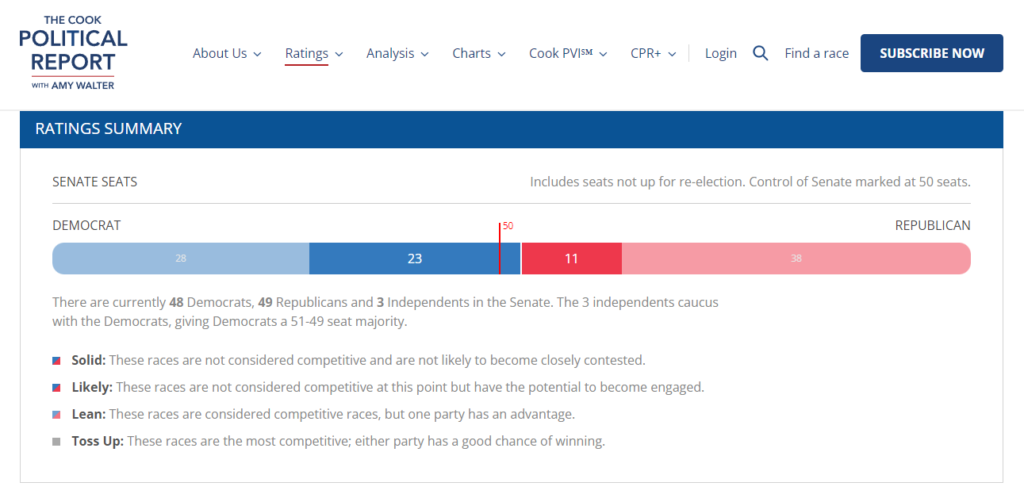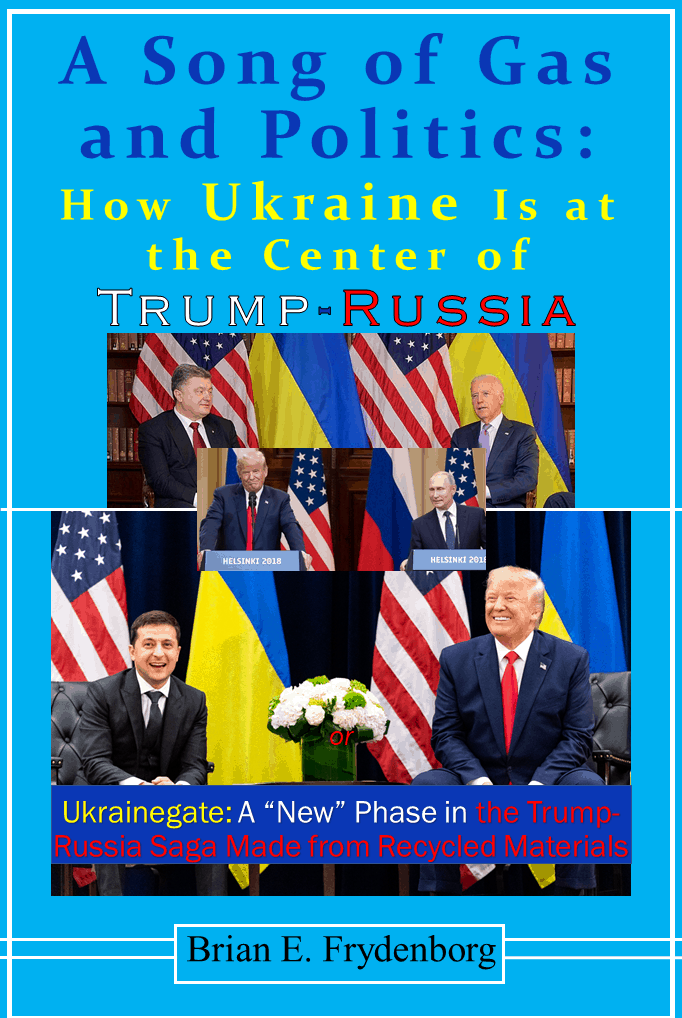Yes, I am using my own news website to promote my ideas I am putting forth as a candidate for U.S. Senate for Maryland and I won’t apologize for it! This is the first in a series of articles discussing my ideas to fix America as a future U.S. Senator.
By Brian E. Frydenborg (Twitter @bfry1981, Threads @bfchugginalong, LinkedIn, Facebook, Substack with exclusive informal content) March 1, 2024; Traduce en español/translate to Spanish; because of YOU, Real Context News surpassed one million content views on January 1, 2023, but I still need your help, please keep sharing my work and consider also donating! Real Context News produces commissioned content for clients upon request at its discretion.

SILVER SPRING—Many of the problems the problems facing our country today stem in part from a wildly unrepresentative U.S. Senate blocking so much progress and necessary reform (see pages 48-50 in one of my graduate school papers for some examples and context), from the imbalance in the Supreme Court to aid for Ukraine to sensible gun regulation. Because of the Senate’s innate bias towards far less-populated, far more rural, far whiter state populations, the Republican senators who have engaged in creating this imbalance have represented roughly 39 million to, most recently, 54 million fewer Americans in recent years than Senate Democrats. This is clearly a tyranny of an unrepresentative minority.
But we can fight back, in numerous ways.
I have three recent policy positions that, combined, can really do a lot to restore some balance to our politics:
My proposal to reduce the threshold of the filibuster from 60 votes to 55 (original proposal on my campaign website here)
My joining the effort expand the U.S. Supreme Court by four more seats to 13 total (original proposal on my campaign website here)
My joining the effort to grant statehood for Puerto Rico and the District of Columbia (original proposal on my campaign website here)
A More Reasonable Filibuster
Ideally, the 60-vote filibuster protects a strong minority from being oppressed by a slim majority. But Republicans have blatantly abused this tradition and this rule for years now allowing a much smaller minority as outlined above to thwart the will of much larger majorities.
At the same time, a narrow factional majority should not be able to impose its will on the nation by just one vote, and the Senate’s tradition of forcing some consensus should not be abandoned: sweeping legislation should be able to be passed with more than just a narrow tiny majority, ideally bipartisan. The filibuster in concept will also protect us as Democrats, protect others not aligned with Republicans when electoral fortunes shift. And it also in concept means less back and forth with the country seeing legislation undone and redone with just a one-vote majority or a tie with a vice presidential vote in the Senate, too.
Therefore, instead of needing 60 votes and having a 20-vote majority required on non-budget reconciliation measures in the Senate, I propose to reduce the filibuster to 55 votes, reducing a 20-vote margin to a 10-vote margin for these changes. This will dramatically reduce the abuse, increase the chances for bipartisanship, and allow America to move forward more often while still doing so with some care and respect for the minority. Democrats can change the rule now and I would be a strong vote and advocate for this change once I would be a member of the Senate.
Expanding the Supreme Court to Reflect Americans, Not Right-Wing Extremists
Brian Frydenborg respects fairness. The American people deserve a Supreme Court that represents them and something approximating their views. Instead, because of Senate Republicans cheating and blatant hypocrisy in blocking Merrick Garland’s nomination for most of a year and then Trump got the benefit of the stubbornness of the late and legendary Justice Ruth Bader Ginsberg combined with even more blatant Republican hypocrisy to make the balance in the Supreme Court 6-3 in favor of conservatives instead of 5-4 in favor of liberals. This is absolutely out of step with American values and has led to the loss of rights for all women in America in the notorious Dobbs case that overturned Roe v. Wade.
But we do not have to take this lying down. We do not have to accept a right-wing 6-3 Supreme Court for decades.
In line with precedent and the U.S. Constitution, we can and should expand the number of justices on the U.S. Supreme Court by four, from nine to fourteen. Senators Edward Markey and Elizabeth Warren of Massachusetts and Tina Smith of Minnesota have already introduced legislation to do this, and as a U.S. Senator, it would be my intention to fully and vigorously support their legislation and to push for its adoption as soon as Democrats would have the numbers in Congress to make this a reality.
The Supreme Court is broken. This 6-3 imbalance does not represent the views of the vast majority of Americans and we do not deserve to be held back by a reactionary judiciary. Because of the Senate’s innate bias towards far less-populated, far more rural, far whiter state populations, the Republican senators who have engaged in creating this imbalance have represented roughly 39 million to, most recently, 54 million fewer Americans in recent years than Senate Democrats. This is clearly a tyranny of a minority.
Accidents of history and blatant political gamesmanship should not define the makeup the Supreme Court, and such a grave, radical imbalance requires a bold solution, one that refuses to accept the status quo imposed by a group of senators representing a minority of the U.S. population. We definitely have to win more seats in the Senate, but my proposal to reduce the filibuster threshold from 60 to 55 seats will make this much easier and a near-term realistic goal if we turn out and vote just a few more Democrats into the Senate (including me!)!
Statehood for Washington, DC, and Puerto Rico
Statehood for both of these places would help adjust the unrepresentative bias against nonwhite, non-rural voters in the Senate, making passing the legislations we need to much more likely.
Puerto Rico was acquired by the U.S. during the Spanish-American War in 1898 and has had an odd history or being autonomous to varying degrees but today is in a no-man’s land of not being an actual state; its 3.2 million people are U.S. citizens but reside in what is now classified as a U.S. Territory: that means it has no representatives with binding, counting votes in either the U.S. House or the U.S. Senate even though the island territory has more people than roughly twenty of the U.S. states that collectively account for roughly 40 out of 100 Senate votes. And this has had consequences that have harmed Puerto Rico, one glaring example being the inability of its people to hold the U.S. government accountable for the gross disparity in hurricane rescue, relief, and aid efforts from the federal government after Hurricane Maria hit Puerto Rico compared with federal efforts to assist states hurt by hurricanes around the same time, such as Florida after Hurricane Irma and Texas after Hurricane Harvey. Were this Puerto Rico’s status to change and it to be admitted as a state into the Union, the territory turned state would be given House seats and, like every other state, two U.S. Senate seats. While Puerto Ricans’ views and votes on statehood have evolved over time, the three latest votes—in 2012, 2017, and 2020—all had a majority of Puerto Rican voters in favor of statehood. We also have close to six million Puerto Ricans living in the U.S. mainland who can be approached and engaged in this effort, too, and we should be honest: the wonderful, hardworking Puerto Rican people are Americans, adding their wonderful culture to our tapestry of many cultures.
We can approach Puerto Ricans not acting like we are doing them a favor in granting statehood (though statehood could help Puerto Rico in important ways), but be clear we are asking them for their help. We can make it clear that we want them to join us as fully equal political citizens and that we could really use their help rectifying the gross imbalances in our political system, fighting for justice and policies that benefit all Americans.
A bipartisan bill to move forward with a new binding vote on statehood in Puerto Rice passed the House late in 2022, but was never taken up in the Senate. As that bipartisan coalition wants to continue its effort, I mean to be a vocal leader in the Senate on this effort: we should put Puerto Rico on the official path to statehood as soon as possible.
The same goes for the city of Washington as the District of Columbia. There are many reasons why Washington, DC should have statehood, most famous being the simple principle that the Americans whose primary residence is DC suffer from what the Colonial-era American patriots complained of: “taxation without representation,” for many years now part of the phrasing on local DC license plates.
DC has more people than two states—Vermont and Wyoming—that each have their own representatives in the House and two senators each in the Senate, too.
Furthermore, many of the Washingtonians whose primary residence is the District are those who serve and work for our federal government and enable it to operate on a day-to-day basis while many others are descendants of freedman, the former slaves who settled in Washington often as refugees before, during, and after the Civil War: it seems terribly wrong to deny so many public servants and their families and so many who are the descendants of those who suffered from America’s Original Sin of slavery the representation in Congress that all Americans living primarily in the fifty states have.
While there may (or may not) be some potential constitutional issues with making a federal district a state, we still must press forward with the campaign to give the U.S. citizens of Washington, District of Columbia equal rights as U.S. citizens in the form of full representation in the Congress, in both the House and with two Senators in the Senate. I will be a leading voice on this effort and try to tie it to the effort to give the U.S. citizens of Puerto Rico full representation, too.
Not only will making Puerto Rico and Washington full states with full delegations in Congress help address the unfair, unjustifiable bias against non-rural and non-white Americans in the Senate, it will also help bring balance to a House that has been gerrymandered for years to disproportionately benefit Republicans. I will help lead the fight to do to justice not only for Marylanders in Maryland, but for Washingtonians in the District of Colombia, Puerto Ricans in Puerto Rico, and Americans in the nation as a whole in the U.S. Senate.
Conclusion: Win a Few Seats, Make History with My Trifecta, and I Will Help Lead the Way in the Senate!
If we preserve our 51-seat majority, we can change the filibuster in the way I have outlined without completely getting rid it, and with just a few Republicans or by expanding our current Democratic Senate majority by just four seats, we can then expand the Supreme Court. Then both those reforms will help make it easier for the Congress at admit DC and Puerto Rico as states while avoiding potential blocks from both the Republicans in the Senate and the extremists on the Supreme Court. As a new U.S. Senator for Maryland, I will help lead the fight on all three fronts and the combined effect will go a long way to restoring some balance and sanity in our Legislative and Judicial Branches of the Republic we must fight hard to preserve against Donald Trump’s fascist insurrectionist assault on our nation. These changes taken together will make both Congress and the Supreme Court far more representative of actual and mainstream Americans instead of letting extremists direct two of the three branches of government as often as they do.

Come see Brian debate other candidates, including the two frontrunners, this Saturday in Silver Spring, moderated by Washington Post columnist Jennifer Rubin. I wrote about why this debate is so important for me. Register here now as space is filling up! You can also sign up to watch via Zoom here! And see all of Brian’s Maryland U.S. Senate race coverage here as well as Brian’s official campaign website.

© 2024 Brian E. Frydenborg all rights reserved, permission required for republication, attributed quotations welcome
Also see Brian’s eBook, A Song of Gas and Politics: How Ukraine Is at the Center of Trump-Russia, or, Ukrainegate: A “New” Phase in the Trump-Russia Saga Made from Recycled Materials, available for Amazon Kindle and Barnes & Noble Nook (preview here).

If you appreciate Brian’s unique content, you can support him and his work by donating here; because of YOU, Real Context News surpassed one million content views on January 1, 2023. Real Context News produces commissioned content for clients upon request at its discretion.
Feel free to share and repost this article on LinkedIn, Facebook, Threads, and Twitter. If you think your site or another would be a good place for this or would like to have Brian generate content for you, your site, or your organization, please do not hesitate to reach out to him!